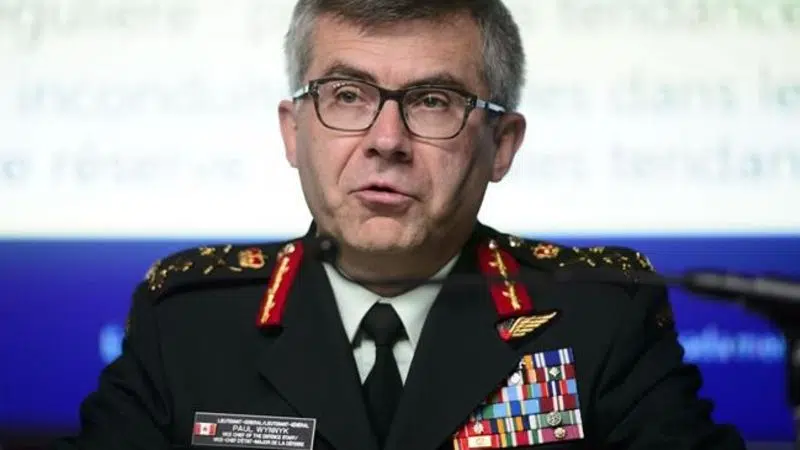
Military’s second-in-command to resign, links decision with Mark Norman case
OTTAWA — The Canadian military’s second-in-command has announced his surprise resignation — and is reportedly linking the decision to an aborted attempt to reinstate Vice-Admiral Mark Norman into the position.
Lt.-Gen. Paul Wynnyk’s decision to leave the Canadian Forces, effective Aug. 9, represents the latest blow to the military, whose senior leadership has been in a state of perpetual upheaval since Norman was suspended in January 2017.
The Defence Department released a statement announcing Wynnyk’s resignation late Tuesday, nearly a year after the former army commander took over the vice-chief of the defence staff position on a permanent basis. A replacement has not been named.
In the statement, Wynnyk is quoted as saying he had considered the decision for several months and decided with his wife that it was time for their family to be reunited. Wynnyk has maintained a permanent home in Edmonton.


